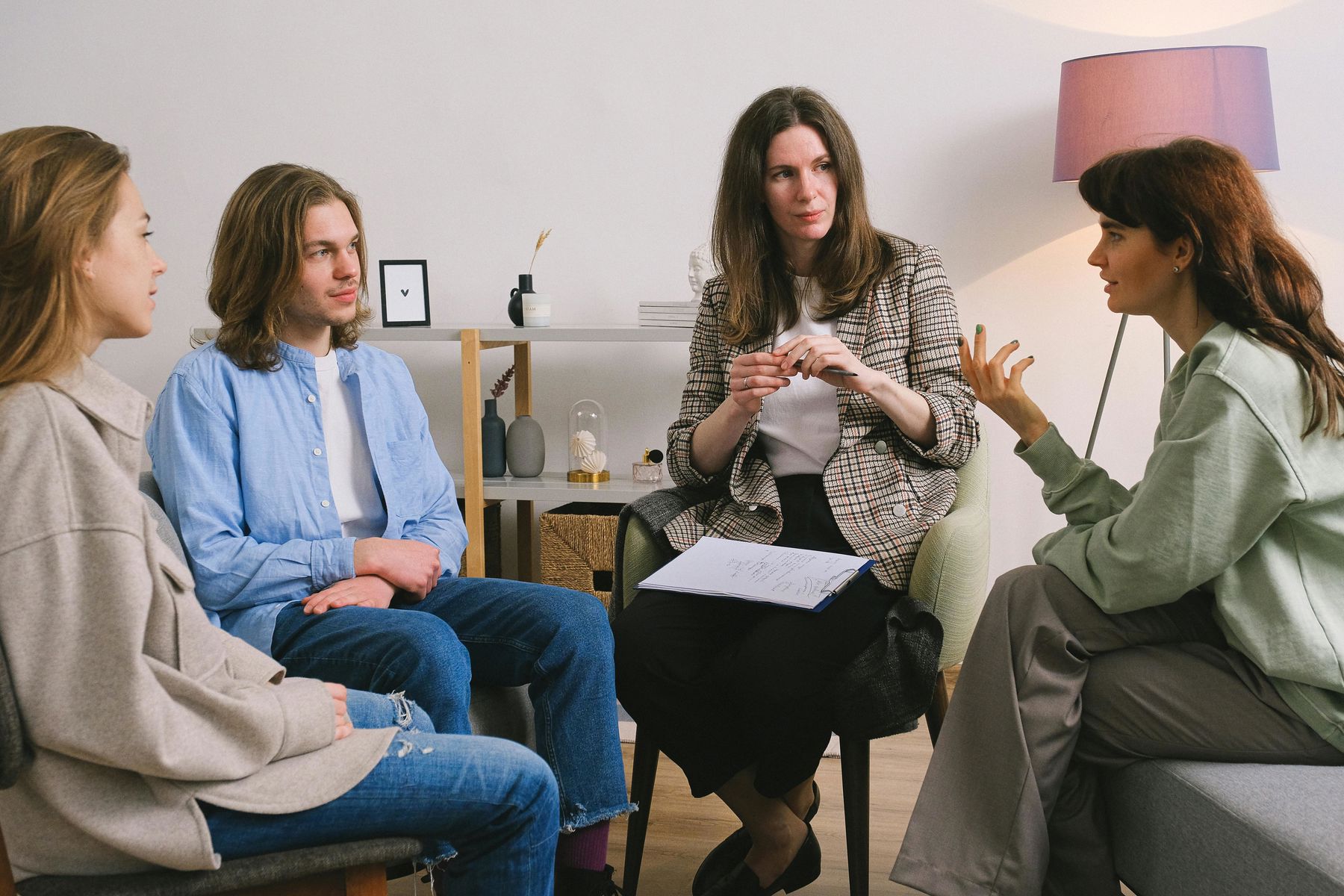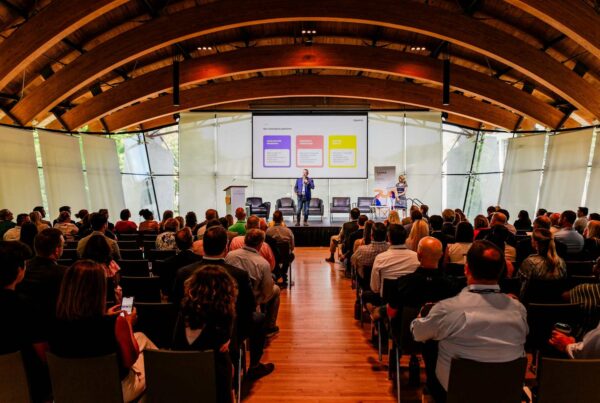Many people need help to connect with others, missing out on opportunities for growth and meaningful interactions. As a seasoned vocal coach with years of vocal training experience, We have witnessed firsthand the difficulties encountered by managers, teachers, and others who want to improve their active listening techniques.
We will provide a comprehensive guide, offering practical solutions for better connecting with what people are saying. From overcoming distractions and improving focus to developing empathy and fostering genuine connections, these techniques will equip you with the tools necessary to become an exceptional listener.
Active Listening Techniques
To communicate effectively and build lasting relationships, people need to be able to listen to others actively. One can successfully negotiate the challenges of interpersonal interactions in both personal and professional contexts by developing these abilities. 
The Power of Effective Listening
It is more important than ever to communicate effectively in today’s fast-paced, connected society. Being completely present, paying close attention, and participating in the communication process are parts of the skill of attentive hearing, which goes beyond passive hearing. These are a few of its potentials:

- It builds rapport and fosters a sense of understanding. When you actively listen to someone, you create an environment where they feel valued and heard.
- It improves teamwork and collaboration.
- It encourages open and honest communication. It encourages individuals to express themselves freely.
- It helps to avoid misunderstandings and conflicts. It allows for better comprehension of the speaker’s message.
- Attentive listening enhances leadership and mentoring skills.
- It enhances problem-solving and decision-making abilities. It allows you to gather relevant information, consider diverse viewpoints, and make well-informed choices.
- It stimulates personal growth and self-awareness.
- It promotes empathy and strengthens relationships. It entails hearing what is said as well as comprehending the motivations and feelings that underlie it.
Your work life, personal relationships, and general well-being can be enhanced by the transformative skill of attentive listening.
Developing the Foundation for Attentive Listening
To become an exceptional listener, it is vital to establish a strong foundation for effective listening. This foundation includes developing self-awareness, creating an environment conducive to attentive listening, and managing internal and external distractions.
By focusing on these foundational elements, individuals can enhance their ability to engage in meaningful and attentive hearing:
- Understanding your listening strengths and areas for improvement.
- Recognizing personal biases and assumptions.
- Practicing mindfulness to stay present and fully engaged in conversations.
- Minimizing external distractions, such as noise or interruptions.
- Choosing a comfortable and suitable location for conversations.
- Demonstrating non-verbal cues, such as maintaining eye contact and open body language.
- Identifying internal distractions, such as personal worries, and consciously setting them aside during conversations.

Developing a strong foundation for active hearing is the starting point for mastering this powerful skill.
Techniques for Active Listening Mastery
Attentive hearing is an ability that can be cultivated by applying specific techniques. These involve active engagement, demonstrating empathy, asking thoughtful questions, and providing constructive feedback. 
People can enhance their comprehension, cultivate more profound listening abilities, and encourage more meaningful and rich communication experiences by developing these capacities. Let’s see what this is about:
- Keep your eyes on the speaker to demonstrate interest and attention.
- You can show that you are actively listening by nodding, grinning, and making encouraging and understanding gestures.
- Use phrases like “I see,” “Uh-huh,” or “Go on” to indicate that you are paying attention and tracking the ideas.
- To guarantee correct understanding and show empathy, rephrase the message.
- Acknowledge the speaker’s feelings by showing empathy and understanding.
- Give the speaker space to express their ideas without interjecting or passing judgment fully.
- Ask open-ended questions to nudge the speaker toward providing more specific details and expounding on their ideas.
- To avoid misconceptions, ask clarifying questions.
- Encourage the speaker to consider their points of view more thoroughly by posing thought-provoking questions.
- Give detailed, encouraging, and constructive criticism.
- Pay more attention to the message and delivery than to criticism of the speaker.
- Recognize the speaker’s efforts, suggestions, and input.
- Express gratitude to establish a positive atmosphere.
You will see firsthand the significant effects these strategies have on your relationships, personal development, and the general effectiveness of communication as you use them in your daily interactions.
Overcoming Challenges in Effective Listening
Even though it is a useful skill, attentive hearing can be difficult. Effective communication and complete attentive hearing can be impeded by these difficulties. Persons can learn how to get over these challenges and improve their attentive hearing abilities by recognizing and addressing these issues. Consider the following:
- Influence of electronic devices
- Your preconceived notions
- Cultural differences
- Your capacity to retain information
- Fast-paced nature conversations
- Urge to offer immediate solutions
 Remember that active hearing is a continuous journey of growth and improvement. Embrace the challenges as opportunities for learning and development. By persistently working on overcoming these obstacles, You will be able to utilize active hearing to its fullest, transforming your communication experiences.
Remember that active hearing is a continuous journey of growth and improvement. Embrace the challenges as opportunities for learning and development. By persistently working on overcoming these obstacles, You will be able to utilize active hearing to its fullest, transforming your communication experiences.
Related Questions
Can Effective Listening Be Learned, or Is It an Innate Skill?
While some people may be predisposed to attentive listening by nature, most people can acquire and enhance this skill with deliberate practice and effort. Through workshops, training sessions, and regular use of strategies, people can improve their capacity to participate fully in discussions and comprehend the viewpoints of others.
Can Attentive Listening Techniques Be Applied in Virtual Meetings?
Yes, it is possible to use active hearing strategies in virtual meetings with success. Even with a digital medium, participants can still show that they are engaged by nodding, keeping eye contact, and verbally affirming what they understand. Even in virtual environments, clear communication and meaningful interactions can be fostered.
How Do Active Hearing Techniques Differ Across Cultures?
Because different cultures have different communication norms and values, active hearing techniques vary as well. Making direct eye contact can be interpreted as rude depending on the culture. In some, it may indicate attentiveness. Similar to this, different meanings can be attributed to verbal cues like silence or interjections.
Conclusion
Learning how to listen effectively can have a profoundly positive impact on personal and professional life in a society where noise and distractions abound. Through the application of the approaches discussed, people can become proficient in active listening, developing stronger bonds with one another, settling disputes, and promoting understanding.







